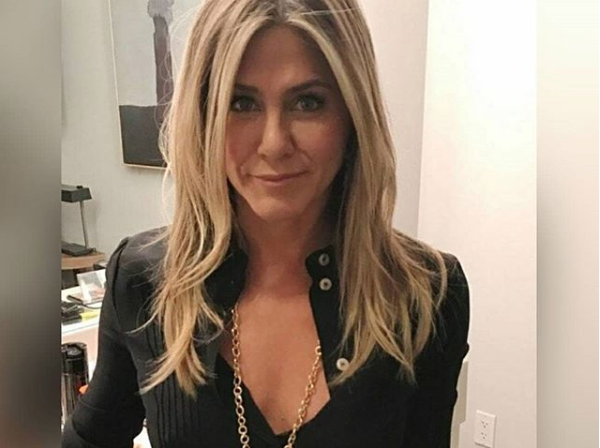Forty-nine-year-old Jennifer Aniston recently attributed her youthful appearance to a collagen supplement although there is currently no evidence that the protein has any effect on skin.
According to leading data and analytics company GlobalData, Jennifer is just one of the rapidly growing number of consumers around the world adding collagen to their diets in a bid to improve their skin.
The company says the “positive perception of the ingredient” was highlighted in its 2017 Consumer Survey where 57 percent of respondents said that collagen is effective in beauty/grooming products while 45 percent said they prefer to use “food as a mechanism” to improve their appearance.
GlobalData consumer associate analyst Irene Bi says consumers’ perceptions are not supported by any available evidence.
The human body does not absorb collagen but creates its own collagen to support bone, skin and hair health ‒ research has however suggested that consuming a balanced diet that provides sufficient omega-3, vitamin A and C and even collagen itself, will increase the body’s production of collagen.
She concludes that “the lack of positive correlation between collagen consumption and skin health will soon weaken consumers’ trust and likelihood of purchase”.
“The trending of collagen is [however] likely to stay if new research provides strong evidence to prove miracles in wrinkle reduction achieved by consuming collagen,” she says, “but for brands which are keen to further explore the functional beauty food space, looking out for the next beauty-enhancing superstar would be their safer bet.”
Nonetheless despite the lack of evidence Jennifer Aniston seems confident that the collagen peptide she has been adding to her morning smoothie is working.
She told wellandgood.com.au that she’s “seeing a difference”.
“My nails are stronger and there’s a healthier… how do you explain it? A glow. It’s sort of that working from the inside-out thing.”

